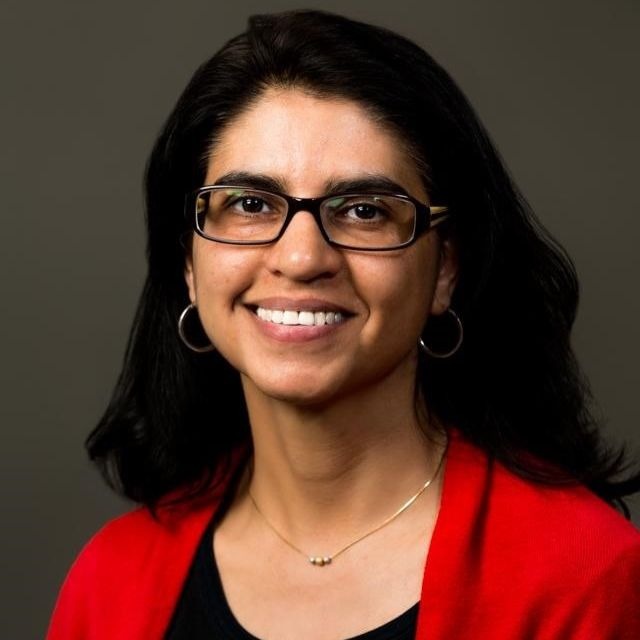We spoke with Sia Nowrojee, the Senior Director of the Global Community at Girl Up at the UN Foundation and one of the members of our 2020 Leadership Journey. Read our Q&A to learn about her Leadership Journey Project, how she’s working to center women and girls in global health and who is inspiring her.
What is your Leadership Journey Project and why did you choose it?
My Leadership Journey Project involves designing and leading the process to transfer ownership of the 3D Program for Girls and Women to our partners in India. The 3D Program advances gender equality by strengthening women’s platforms to hold the government accountable and by demonstrating the value of multi-sectoral programs. From 2017-2021, we worked in partnership with civil society, the private sector and local government in Pune District, Maharashtra State, India. In 2020, against the backdrop of the COVID pandemic and the global reckoning on social justice, we decided to transfer ownership of key elements of the program to our implementing partners, who will scale up and increase the impact of the program. Having this as my Leadership Journey Project has given me the time and space to reflect on and learn from the process, both as a partner and as a leader.
What has surprised you about the WomenLift Health Leadership Journey experience?
The altered reality brought on by COVID, defined by the move to online platforms, created an accelerated intimacy among members of the cohort. I have been joyfully surprised by the connections I have made and the solidarity and support I have seen across the cohort. We embarked on this Journey together, weathering the professional and personal challenges of COVID. We have supported each other through challenges and celebrated victories together. I expected to gain a professional network, but I have gained a circle of (extremely accomplished!) friends.
How has COVID shifted the focus of your work?
Fundamentally. When COVID hit, the 3D Program shifted from our regular programming to supporting our implementing partners, who were thrust on to the frontlines of COVID relief efforts. Our 3D Program platforms, specifically the women’s collectives we supported, were designed to address disparities, inequalities and barriers to access before COVID-19. They also proved effective in facilitating COVID relief, information and responses. More personally, our decision to transfer ownership of the program, a decision that was informed by COVID, meant that I had to find a new job. I now serve as Senior Director of the Global Community for Girl Up, a girls leadership program at the UN Foundation. I think it is fitting that as a WomenLift Health fellow, I am now leading at a girls leadership program!
How can we ensure that women are at the center of not only COVID recovery plans but also long-term strategies for the improvement of health?
COVID has endangered hard-won gains in the fight for gender equality. It has also put the spotlight on rigid gender-based norms and barriers and critical weaknesses in public systems. COVID recovery is going to define the structure, resource allocation and services of public health systems and policy for decades to come. It is critical that all stakeholders in government, civil society and the private sector engage and listen to women as we assess the damage, put in place immediate recovery plans and build back better. It is up to all of us to hold those stakeholders accountable and ensure that women are at the table as those decisions are made.
Who inspires you?
Outside of my family, my biggest inspiration is Audre Lorde, who self-identified as a Black feminist, lesbian, mother, poet and activist. Before she died in 1992, Audre Lorde shared her wisdom through her amazing essays and poems. I was lucky enough to meet her when I was in college, and for me, a young feminist of color, she made truth, justice and intersectionality seem possible. Her quote, “There is no thing as a single-issue struggle because we do not live single-issue lives” has guided me throughout my life and work.


